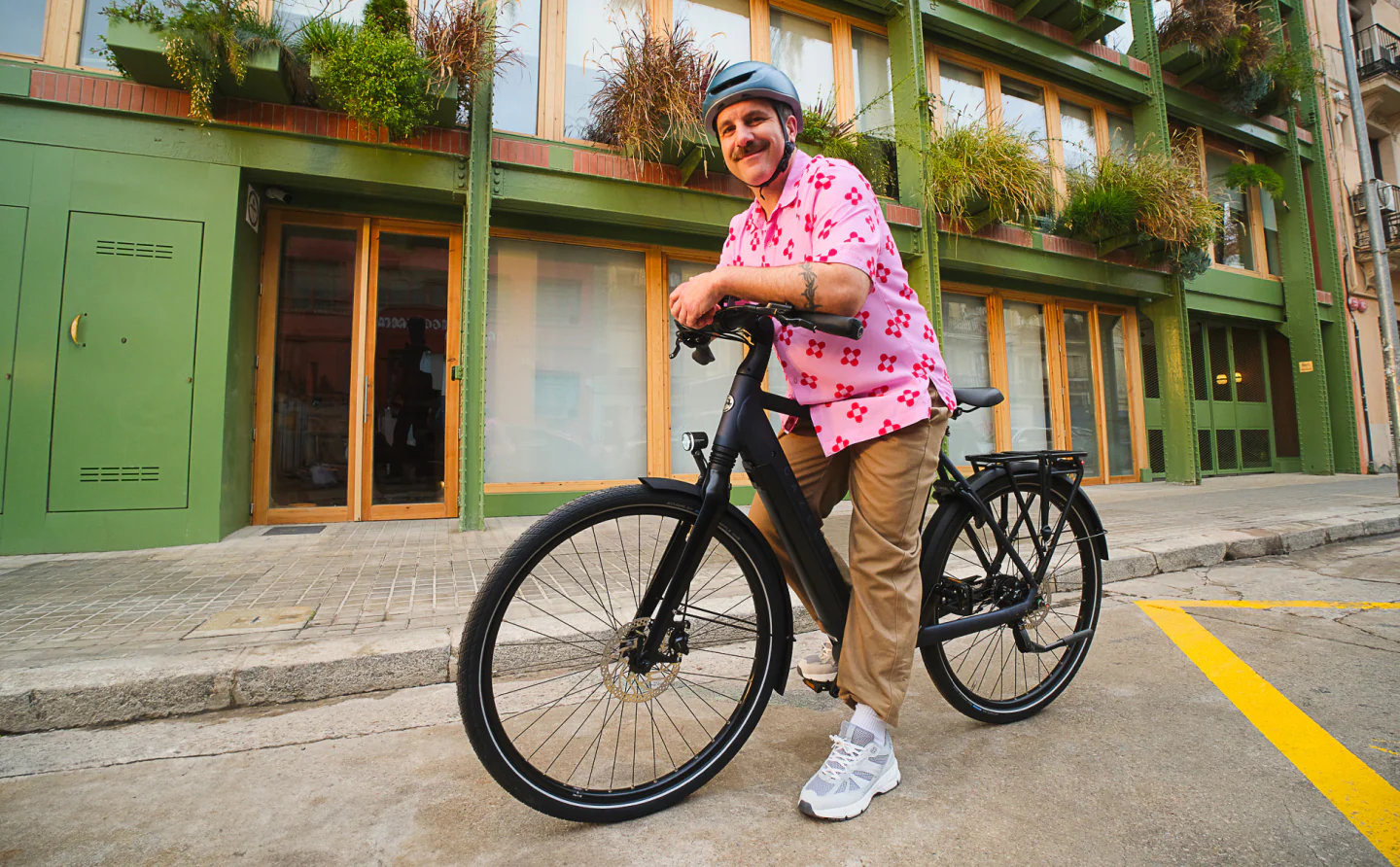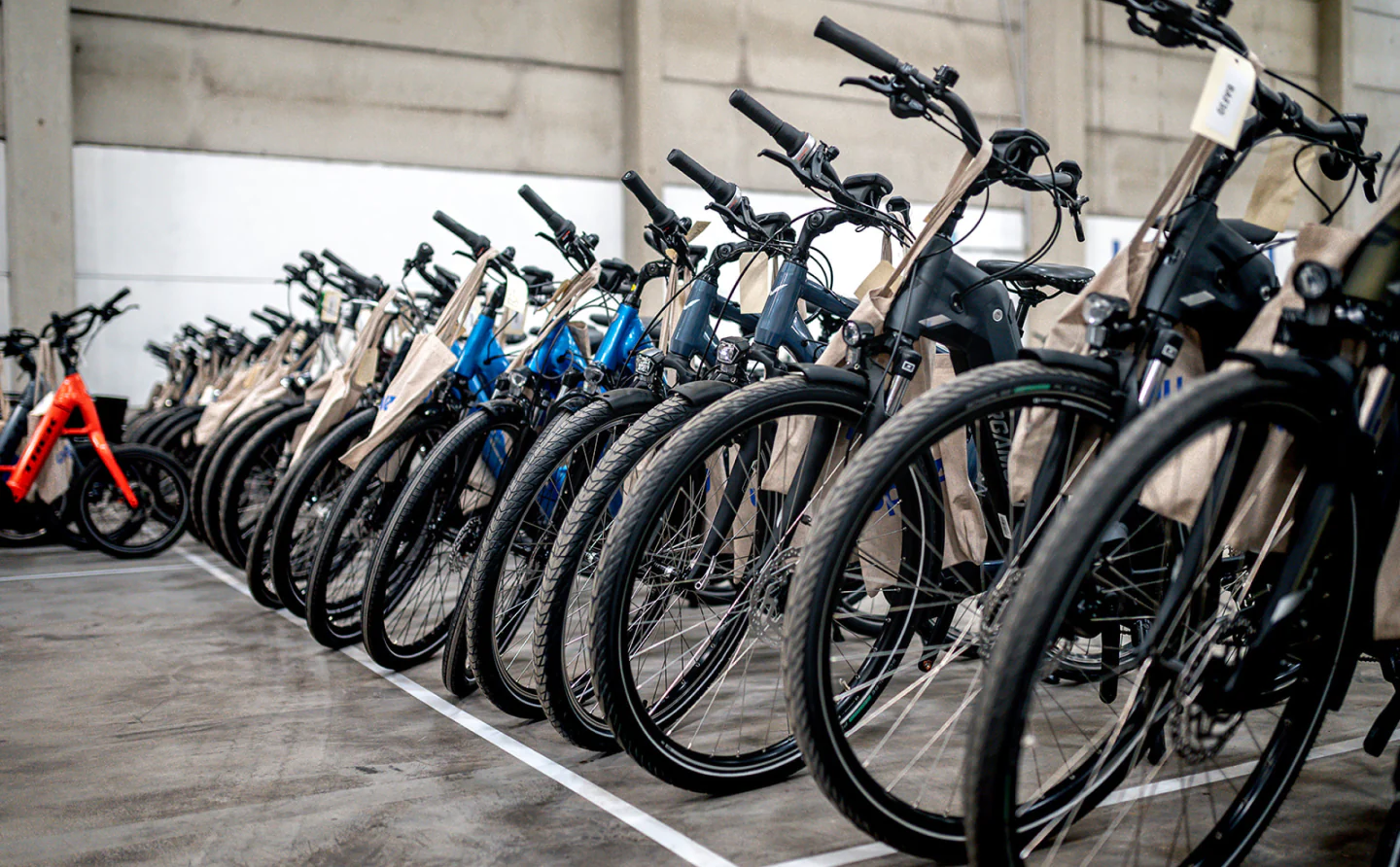Getting a new house is often exciting. However, this is no longer the case for many Australians. The Australian Broadcasting Corporation reported a new study by demographers showed that around 22,000 Australians move every year after climate disasters strike.
What's happening?
Aude Bernard of the University of Queensland told the outlet that between 2009 and 2022, 312,000 people aged 15 and older moved homes within a year of extreme weather events such as fires, floods, and cyclones.
By 2071, that figure could climb to 38,000 annually — without taking into account increasingly severe weather events.
Bernard further said that the figures, which are from a paper she wrote, could also be underestimated, stating that they don't account for those who weren't directly affected by the events but are moving to safer locations.
"It could also be the case that people were not directly impacted in terms of home damage but had their employment affected and therefore have to relocate," she said. The study also showed that the poorest 3% of the Australian population accounts for 15% of those estimated to move.
Many are also unable or unwilling to move for a number of reasons.
Watch now: How easy is it really to charge an EV?
"It's very easy to judge and say, 'Well, just move,'" said Margaret Cook, an environmental historian at Griffith University, per the ABC. "It's extremely complicated and personal and can be based a lot on your own experience too."
Why is this information important?
As the global temperature continues to rise, extreme weather events will worsen and keep forcing people to relocate, which comes at a cost to more than just the homeowners.
The ABC reported that 2022 was the most expensive year for Australian insurers from extreme weather events, as they paid out $7.7 billion AUD ($5 million USD) across more than 300,000 claims. This comes at a time when insurance companies are dropping policies in high-risk areas.
The ABC also reported that one in 25 homes in Australia will be uninsurable by 2030 because of an increased risk of extreme weather.
TCD Picks » Upway Spotlight

Bernard said that people were even less likely to move after an extreme weather event when they couldn't get insurance: "These people may indeed be trapped and not be able to move because they don't have insurance. And that's concerning because we know that areas that are prone to extreme weather events, they're likely to experience another extreme weather event in the future."
As the effects of an overheating planet, largely the result of human activity, worsen and threaten more regions, homeowners worldwide are considering the impact of our changing climate when deciding where to buy homes.
What's being done to help these homeowners?
A federal parliamentary inquiry about floods in 2022 proposed buybacks in high-risk areas and halting development where there is a 1-in-100-year flood risk, according to the ABC.
The Australian government also allocated 4,300 new land parcels at higher elevations in the Northern Rivers region, and homeowners affected by the floods move to the front of the line.
Worldwide, residents in areas prone to extreme weather are working to find ways to disaster-proof their properties for these events.
Join our free newsletter for weekly updates on the latest innovations improving our lives and shaping our future, and don't miss this cool list of easy ways to help yourself while helping the planet.














